Movies
Joyland, 2022 - ★★★★

When this movie starts throwing punches, it doesn’t let go. Joyland has many layers that are both beautiful and terrible. It’s culturally refreshing, emotionally draining, romantically charming, gender and traditions devastating. It’s a milestone when you consider its Pakistani origins.
What I immediately liked the most about it was its slice-of-life manner of delivery. Nothing is fantastical. The actors are authentic and candid (especially Alina Khan and Rasti Farooq). You get a front-row sit into the intimate life of a family who could easily be your neighbors, sans the language and the country. The assumed culture is, surprisingly, too uncomfortably close to home.
Go in emotionally prepared and with a box of tissues nearby. This one’s gonna hurt.
The Ballad of Buster Scruggs, 2018 - ★★★
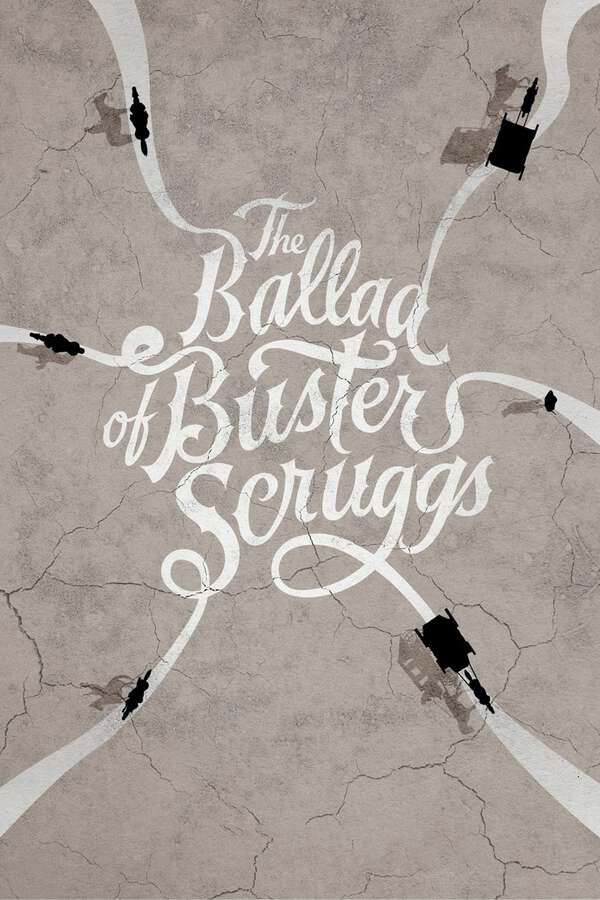
A collection of shorts by the Cohen brothers that takes place in their favorite time period. Some are golden nuggets, and some are just, well, ain't that good. All in all, it was fun to watch them. I don't think I can go wrong with the Cohen bros. Solid and fun acting, good storytelling, and symbolism you may or may not miss.
The Ballad of Buster Scruggs, 2018 - ★★★
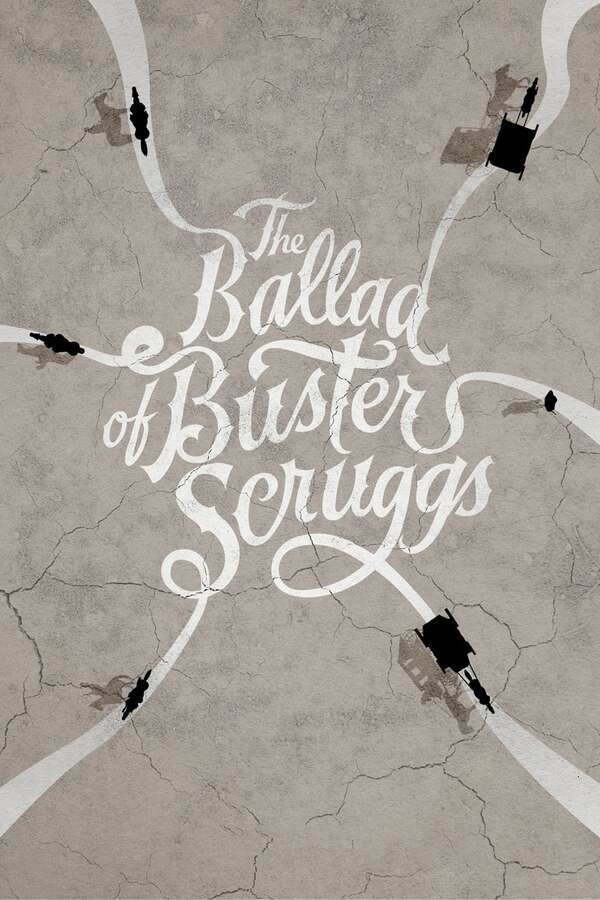
A collection of shorts by the Cohen brothers that takes place in their favorite time period. Some are golden nuggets, and some are just, well, ain't that good. All in all, it was fun to watch them. I don't think I can go wrong with the Cohen bros. Solid and fun acting, good storytelling, and symbolism you may or may not miss.
A Man Called Otto, 2022 - ★★★
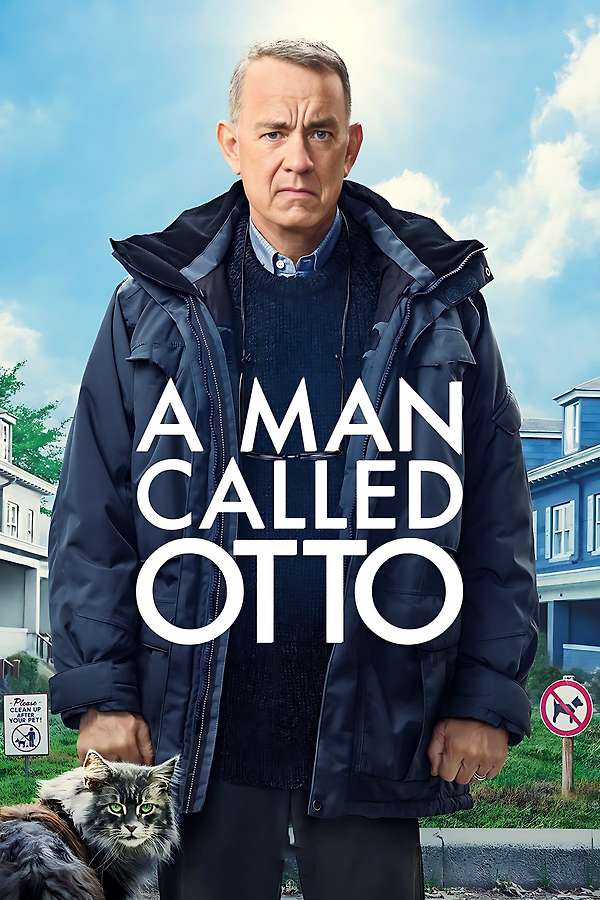
A tested and proven formula, the other movie that comes to mind immediately for me is Gran Torino. Tom Hanks pulls off a more likable human being than Clint Eastwood, which is part of the point. Hank's Anderson is also less realistic than Eastwood's Kowalski, which is (maybe) also part of the point: grumpy old men don't usually accept people as they are (Anderson), but how they seem (Kowalski) - at least at first.
Still, it's good to see how movies change to adopt our reality as it is, with our neighbors being of every background, gender, and ethnicity. Or maybe it's just the New Yorker in me speaking.
A film full of symbolism, from big hearts to loyalty to principles (and where these principles get you in life), this movie was mostly entertaining, not educating.
A Man Called Otto, 2022 - ★★★
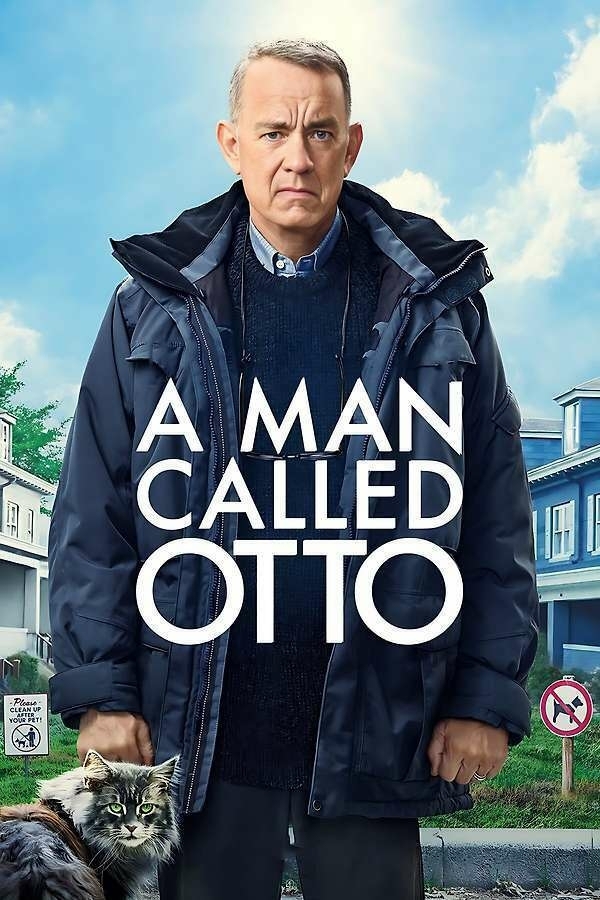
A tested and proven formula, the other movie that comes to mind immediately for me is Gran Torino. Tom Hanks pulls off a more likable human being than Clint Eastwood, which is part of the point. Hank's Anderson is also less realistic than Eastwood's Kowalski, which is (maybe) also part of the point: grumpy old men don't usually accept people as they are (Anderson), but how they seem (Kowalski) - at least at first.
Still, it's good to see how movies change to adopt our reality as it is, with our neighbors being of every background, gender, and ethnicity. Or maybe it's just the New Yorker in me speaking.
A film full of symbolism, from big hearts to loyalty to principles (and where these principles get you in life), this movie was mostly entertaining, not educating.
Dr. Strangelove or: How I Learned to Stop Worrying and Love the Bomb, 1964 - ★★★★
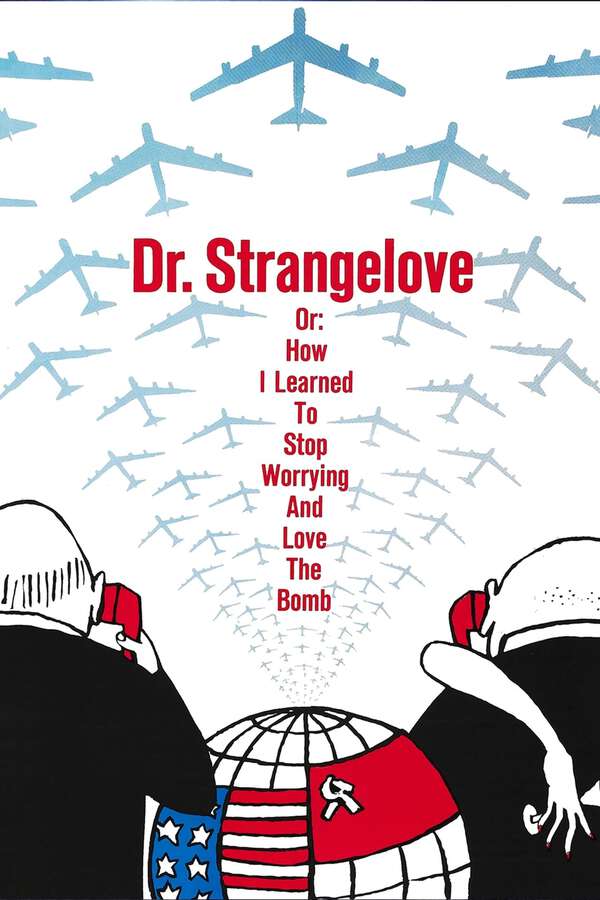
I'm sorry I haven't watched this sooner. A masterful Satire, frighteningly still related today almost as it was in the 1960s. This movie should go on the "need to watch" list of those who, unfortunately, will never watch it or will miss the message altogether.
The drumroll of the bomb run is so catchy I've made a phone ring out of it, hopefully to be listened to by other passengers on a subway car one day as a reminder.
Dr. Strangelove or: How I Learned to Stop Worrying and Love the Bomb, 1964 - ★★★★
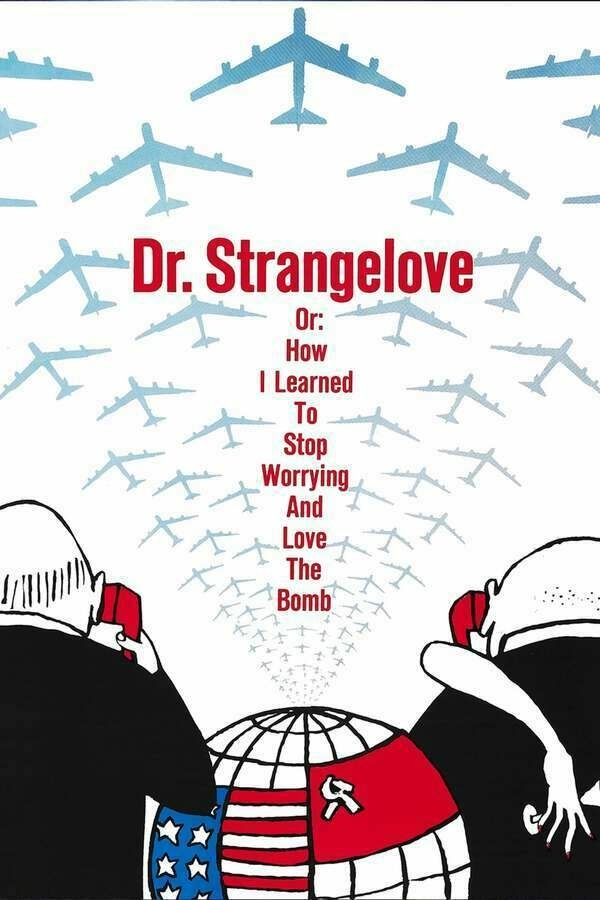
I'm sorry I haven't watched this sooner. A masterful Satire, frighteningly still related today almost as it was in the 1960s. This movie should go on the "need to watch" list of those who, unfortunately, will never watch it or will miss the message altogether.
The drumroll of the bomb run is so catchy I've made a phone ring out of it, hopefully to be listened to by other passengers on a subway car one day as a reminder.
Tetris, 2023 - ★★★½
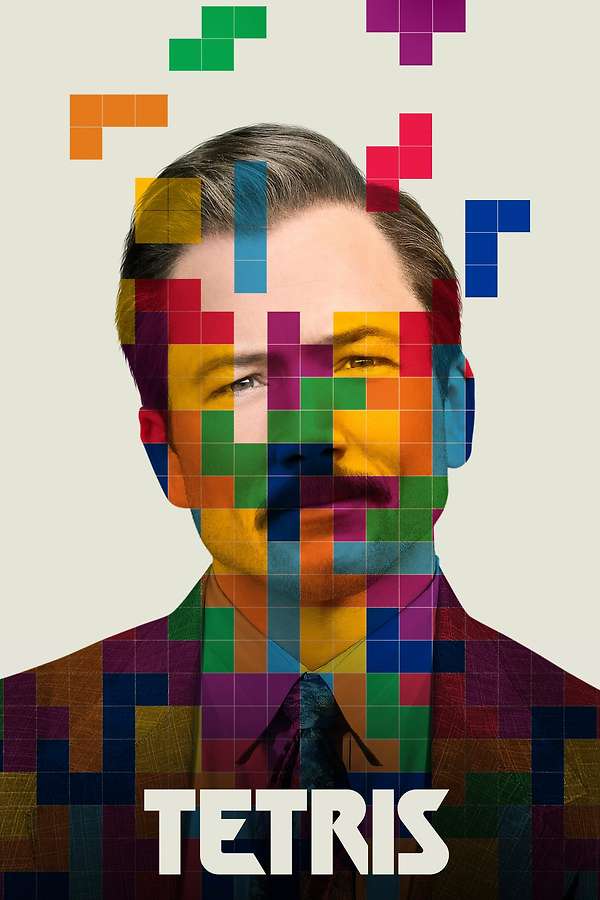
This movie surprised me for the better. I thought this was going to be a flashy movie about a classic video game - which it is - but there's more. Egerton (Henk Rogers) delivers a good act as the only un-crooked businessman around in this sophisticated spy story thriller. The art direction is excellent, with a few cherries on the top at well-orchestrated moments. A typical Hollywood movie with smarty-pants glasses, this delivered entertainment in abundance.
Tetris, 2023 - ★★★½
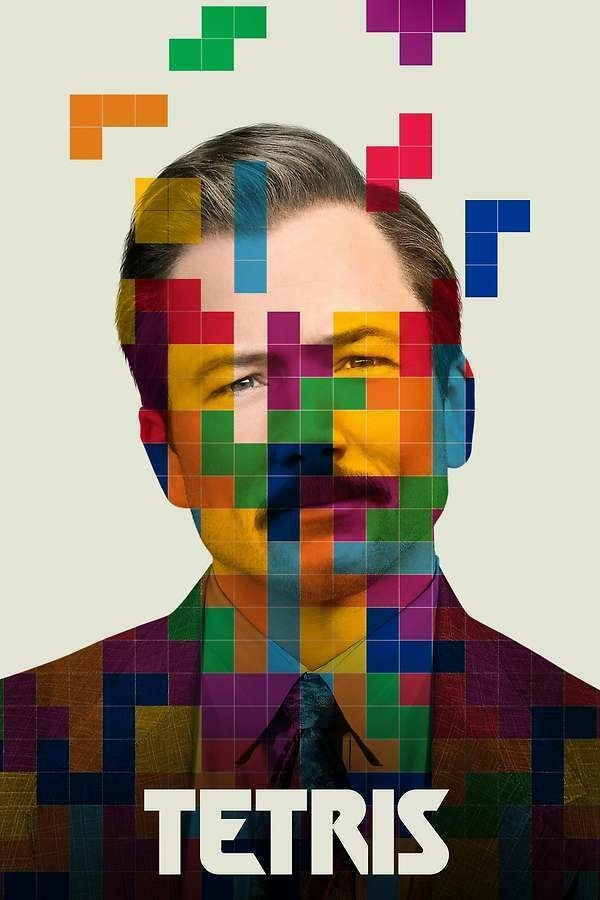
This movie surprised me for the better. I thought this was going to be a flashy movie about a classic video game - which it is - but there's more. Egerton (Henk Rogers) delivers a good act as the only un-crooked businessman around in this sophisticated spy story thriller. The art direction is excellent, with a few cherries on the top at well-orchestrated moments. A typical Hollywood movie with smarty-pants glasses, this delivered entertainment in abundance.
The Thing, 2011 - ★★★
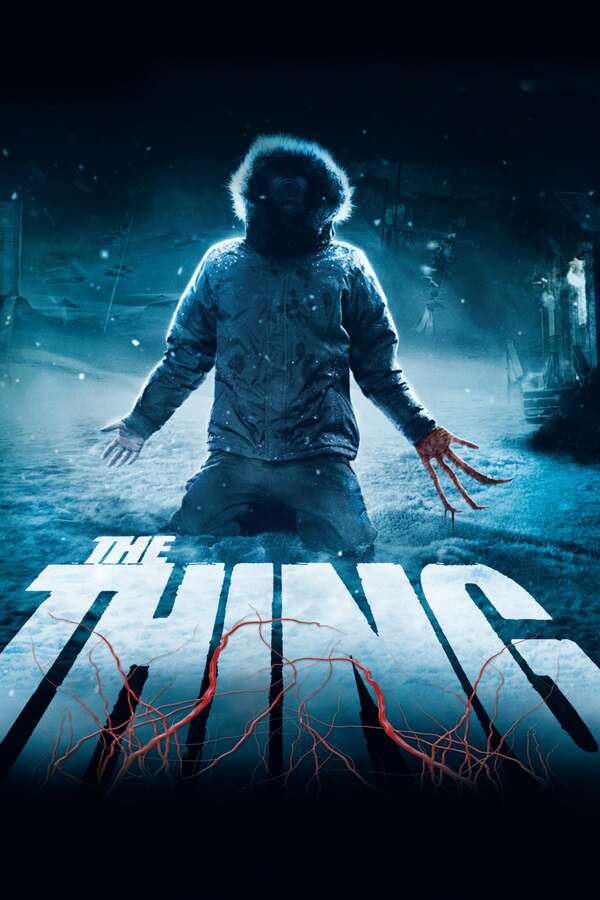
I'm not sure I watched The Thing, or I don't remember if I did, but this movie makes me want to watch the original. The story is not too unique, but the execution kept me guessing and entertained. This is a good movie to watch with friends while eating popcorn. Don't eat meat though; it might come back up.
The Thing, 2011 - ★★★
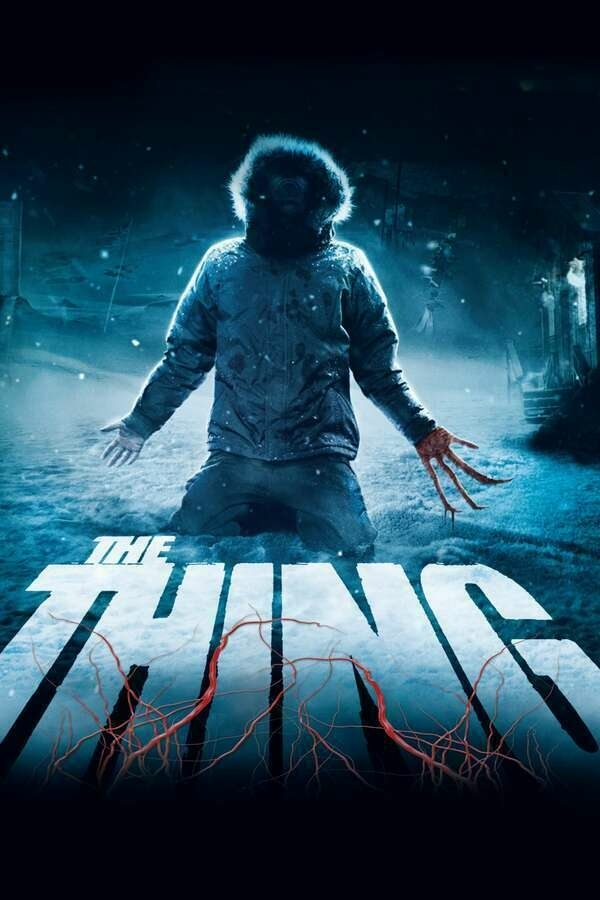
I'm not sure I watched The Thing, or I don't remember if I did, but this movie makes me want to watch the original. The story is not too unique, but the execution kept me guessing and entertained. This is a good movie to watch with friends while eating popcorn. Don't eat meat though; it might come back up.
Knives Out, 2019 - ★★★
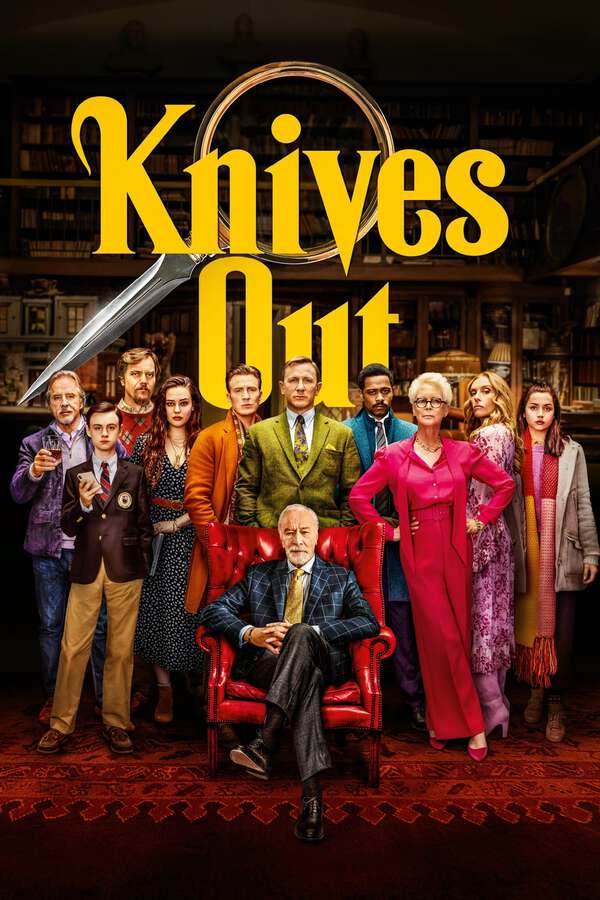
An entertaining watch with smart kind of fun. There aren't enough mystery movies, and this one is built with care and skill. Definitely watch if you like detective movies. It goes a bit further and shines on immigrants with a positive light, yet another thing we don't see enough in movies. I will watch this one again.
Knives Out, 2019 - ★★★
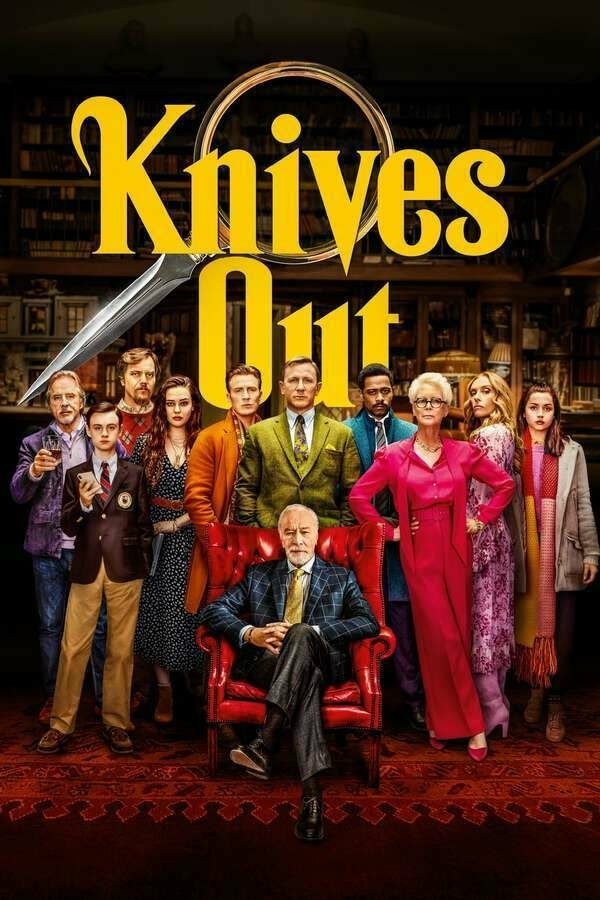
An entertaining watch with smart kind of fun. There aren't enough mystery movies, and this one is built with care and skill. Definitely watch if you like detective movies. It goes a bit further and shines on immigrants with a positive light, yet another thing we don't see enough in movies. I will watch this one again.
Liquid Sky, 1982 - ★★★★
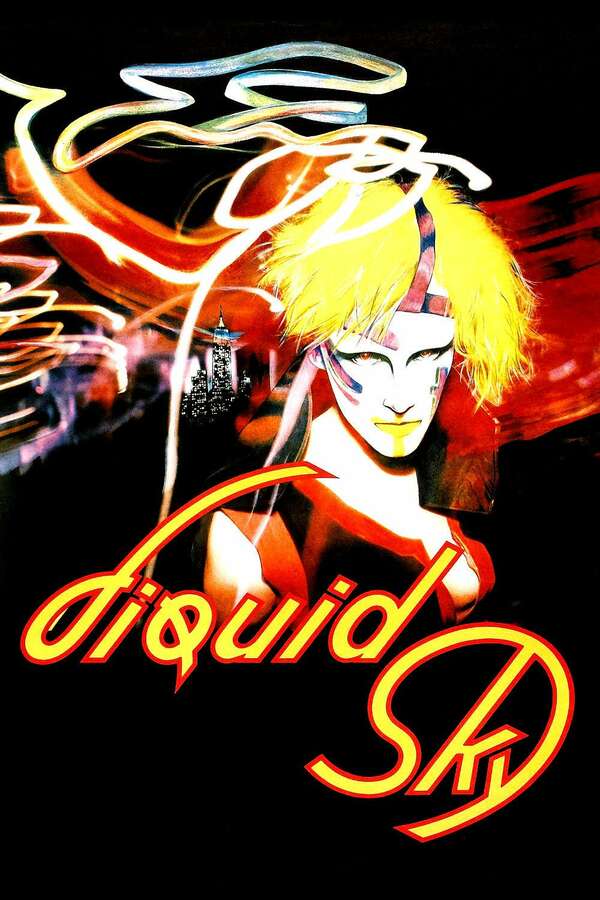
I'd like to say this movie is before its time, but it's not. The issues it raises were present in the 80s as well as in the 1800s. We just take more notice now.
Liquid Sky is not easy to watch. It's an explosive, colorful, emotional,l drug-influenced, NYC-punk, alien, in-your-face, weird sort of a thing, and it gives zero fucks about it. Which is exactly how it should be.
I'd stop here and say good job, but the movie went further and made me question my values, past and present. It grabbed me by the throat and forced me to look. I'm glad I did.
Liquid Sky, 1982 - ★★★★
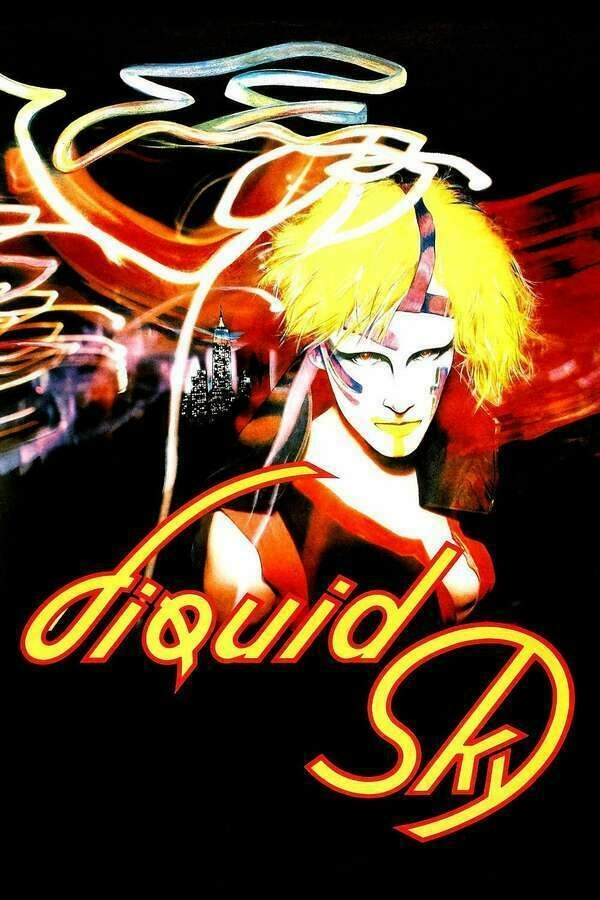
I'd like to say this movie is before its time, but it's not. The issues it raises were present in the 80s as well as in the 1800s. We just take more notice now.
Liquid Sky is not easy to watch. It's an explosive, colorful, emotional,l drug-influenced, NYC-punk, alien, in-your-face, weird sort of a thing, and it gives zero fucks about it. Which is exactly how it should be.
I'd stop here and say good job, but the movie went further and made me question my values, past and present. It grabbed me by the throat and forced me to look. I'm glad I did.
Leviathan, 1989 - ★★
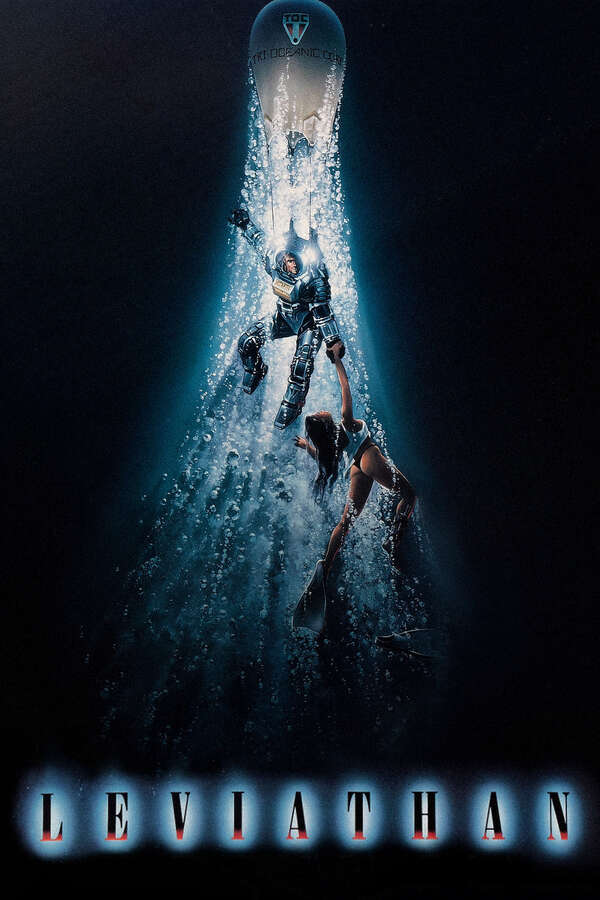
Your typical 90s suspense flick with all the clichés. I enjoyed the story, and the effects are nice. It makes you appreciate the stunts department before we had AI integrated into everything.
We have come a long way since the days of women being sexy meat sacks that always need rescuing. It's good to watch one of these movies to remind you why this was a problem. It made me cringe more than once.
Think Aliens underwater without Susan Weaver to kick ass.
Leviathan, 1989 - ★★
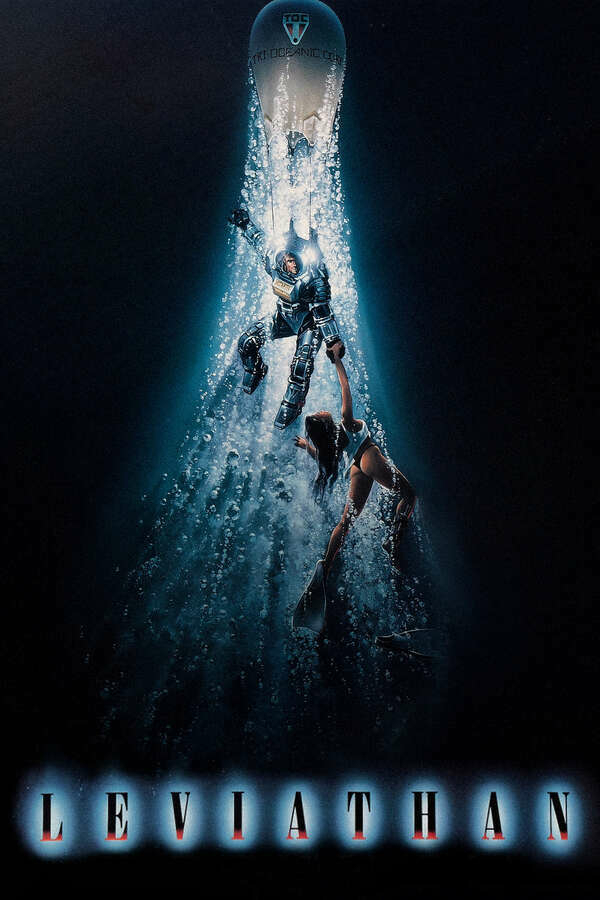
Your typical 90s suspense flick with all the clichés. I enjoyed the story, and the effects are nice. It makes you appreciate the stunts department before we had AI integrated into everything.
We have come a long way since the days of women being sexy meat sacks that always need rescuing. It's good to watch one of these movies to remind you why this was a problem. It made me cringe more than once.
Think Aliens underwater without Susan Weaver to kick ass.
The Beast, 1975 - ★★★½
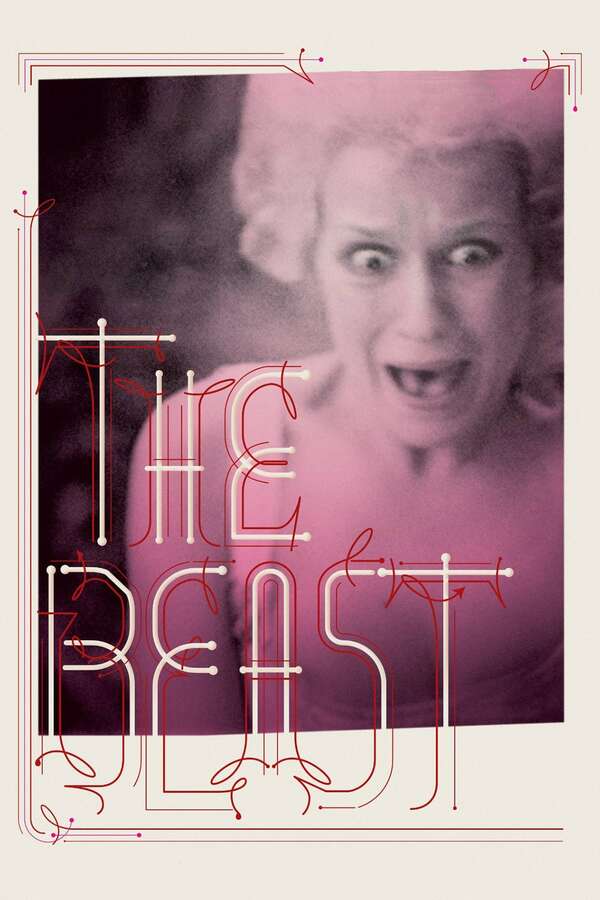
Ok, let's get this out of the way first. Yes, there's horse dick in this movie. Lots and lots of it. So if you have a problem with horse dick, this is not the movie for you.
As a movie, it's OK. It gets a 7 out of 10. The story is not revolutionary, and the effects didn't exactly age well. Still, I found that it was well performed. It tells the familiar story (all men are sexual beasts) but it turns it around, with women beating men in their own game.
This is an erotic movie from the 70s which you won't find on any streaming services today. The question to ask yourself is not if you're OK with the sort of taboo the movie shows, but why you no longer have the option to wonder about this.
The Beast, 1975 - ★★★½
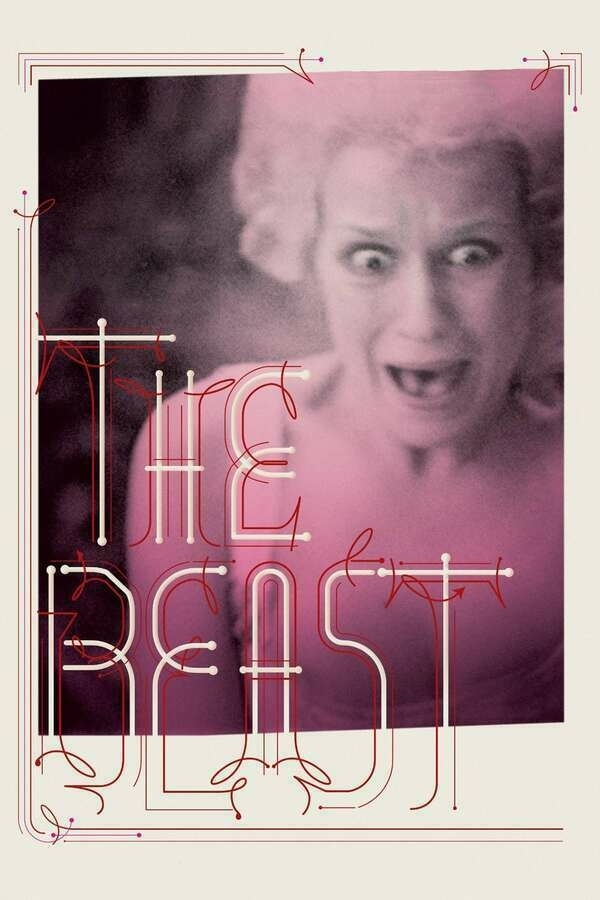
Ok, let's get this out of the way first. Yes, there's horse dick in this movie. Lots and lots of it. So if you have a problem with horse dick, this is not the movie for you.
As a movie, it's OK. It gets a 7 out of 10. The story is not revolutionary, and the effects didn't exactly age well. Still, I found that it was well performed. It tells the familiar story (all men are sexual beasts) but it turns it around, with women beating men in their own game.
This is an erotic movie from the 70s which you won't find on any streaming services today. The question to ask yourself is not if you're OK with the sort of taboo the movie shows, but why you no longer have the option to wonder about this.
Neptune Frost, 2021 - ★★
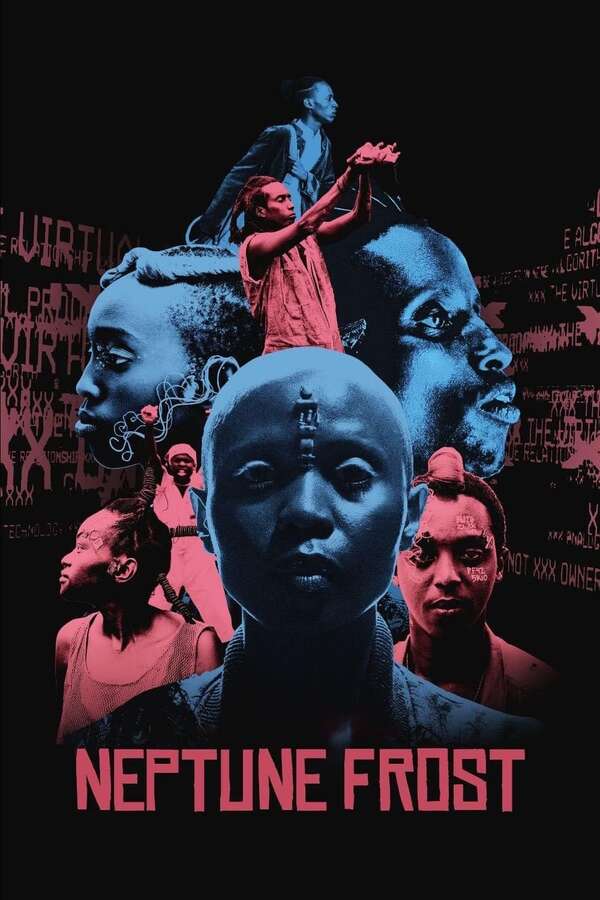
I gave this movie about half an hour before giving up. A cloud of buzzwords in different languages thrown into trippy song and beautiful costumes. There's no plot here, just floating ideas.
